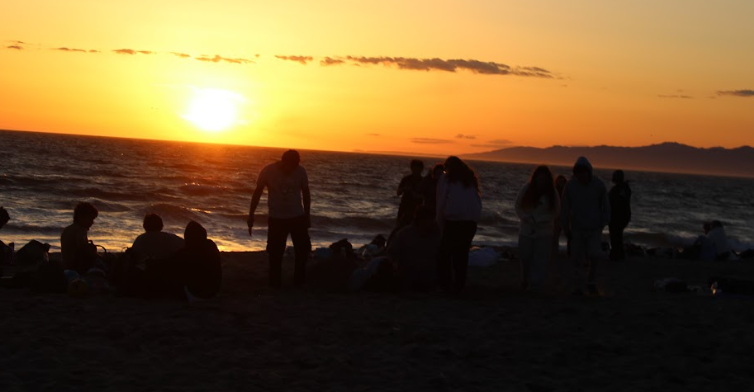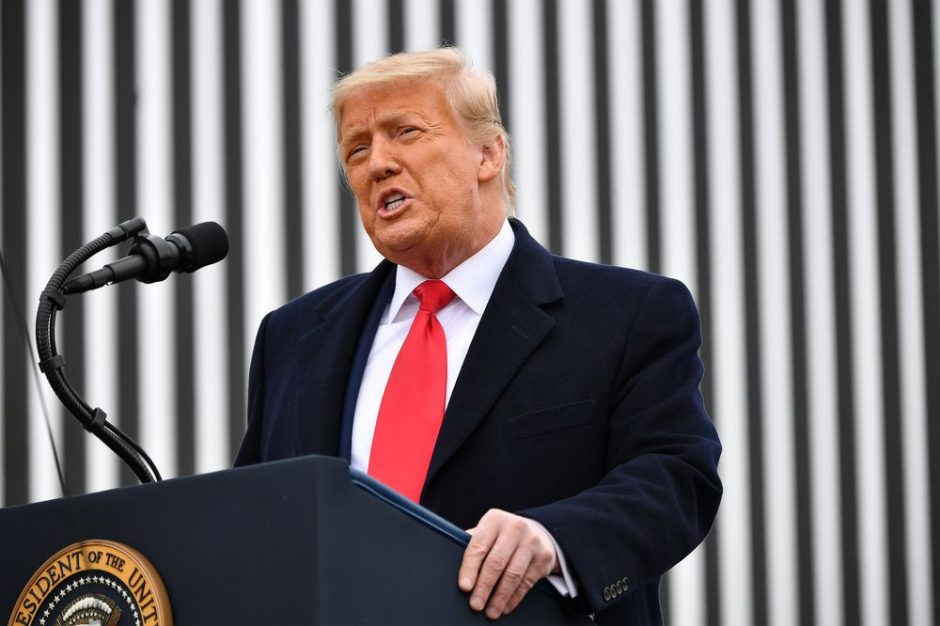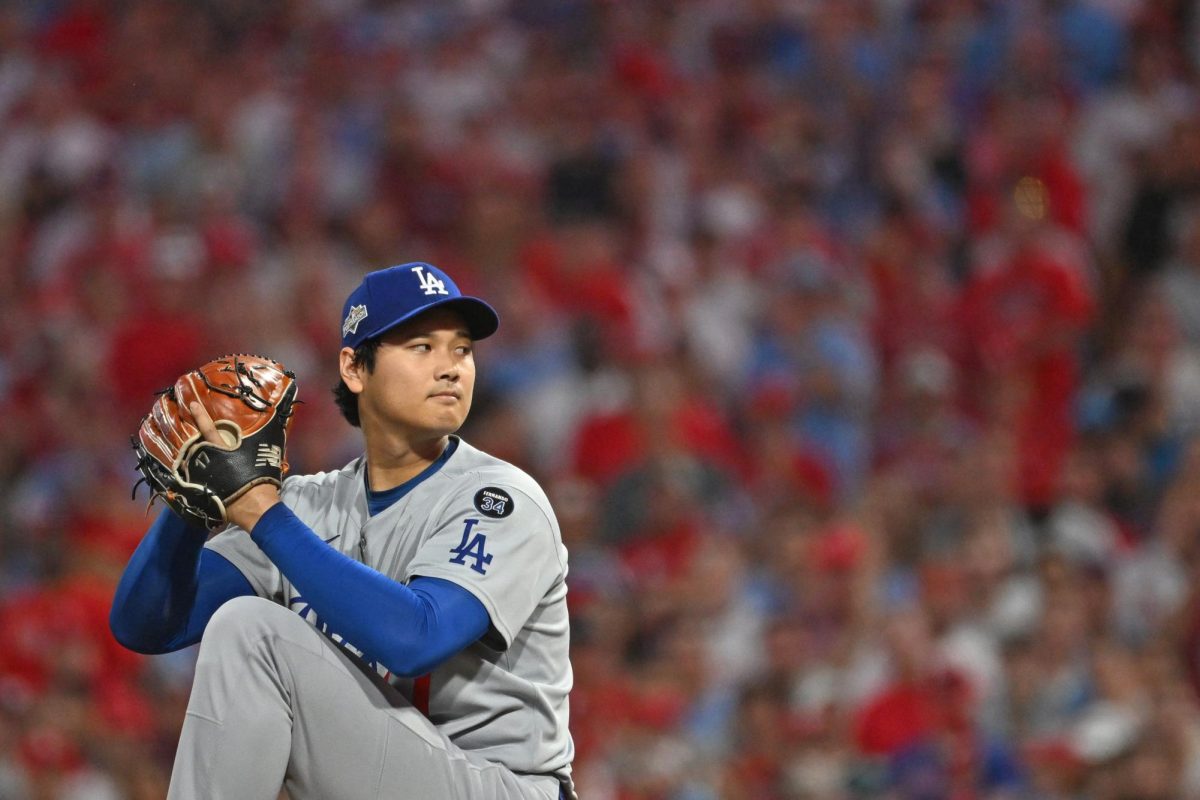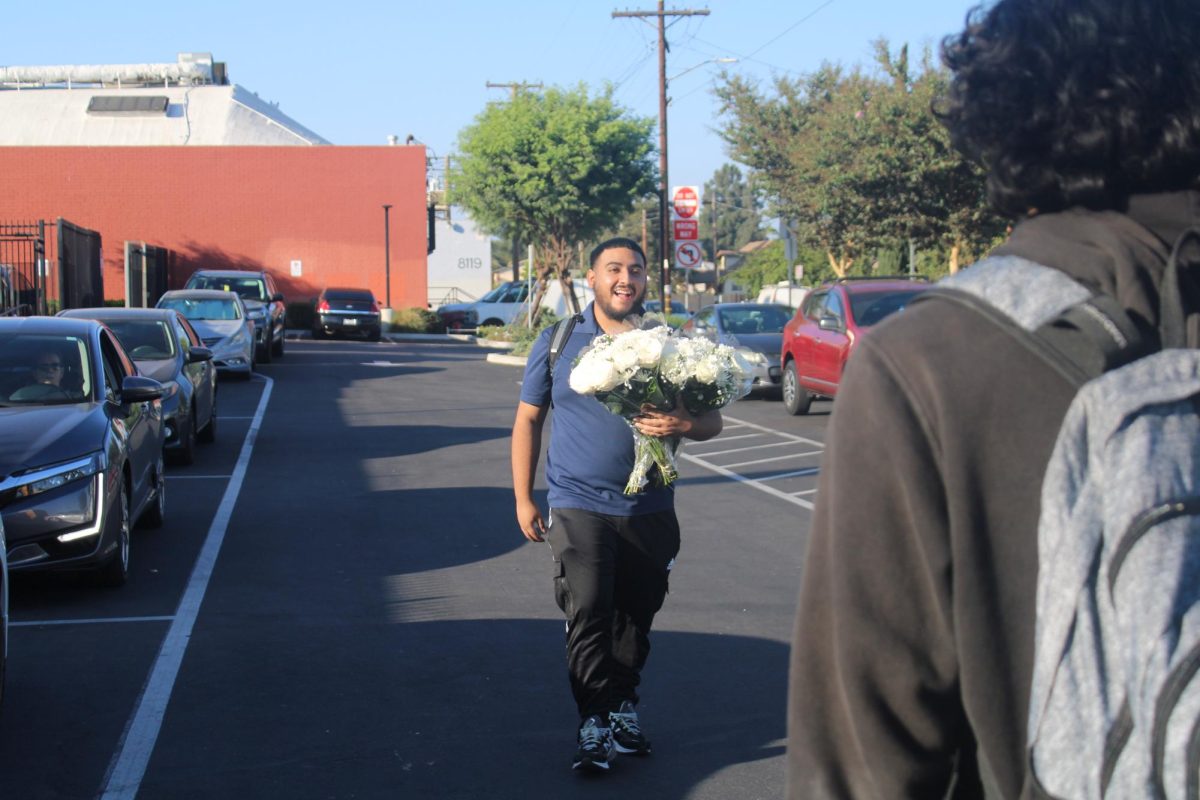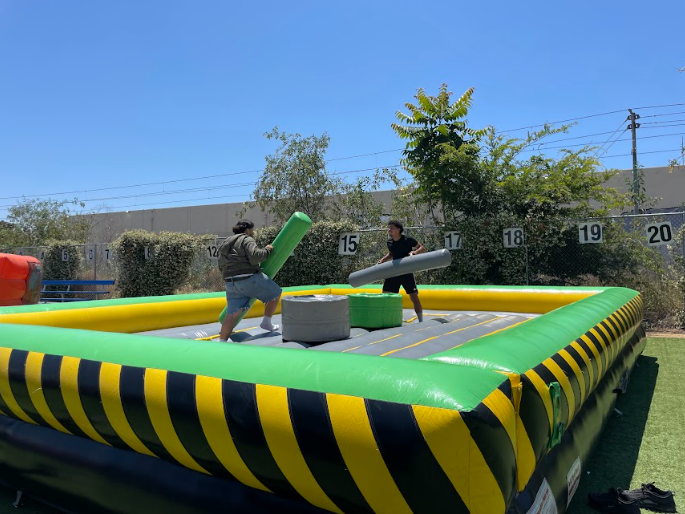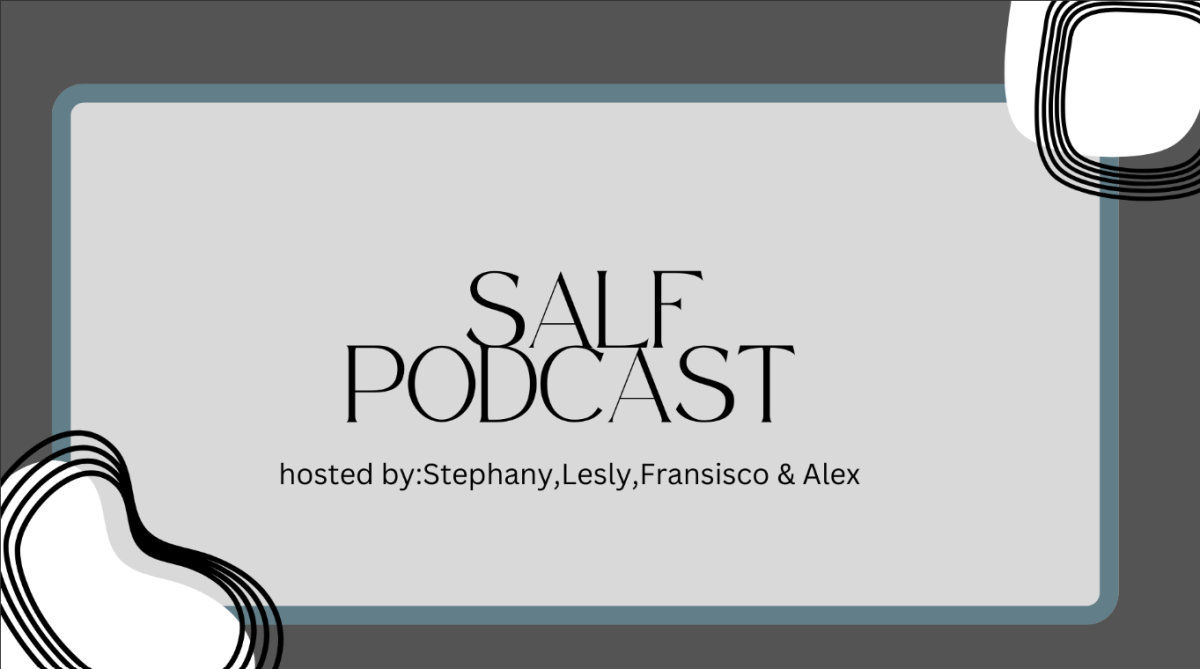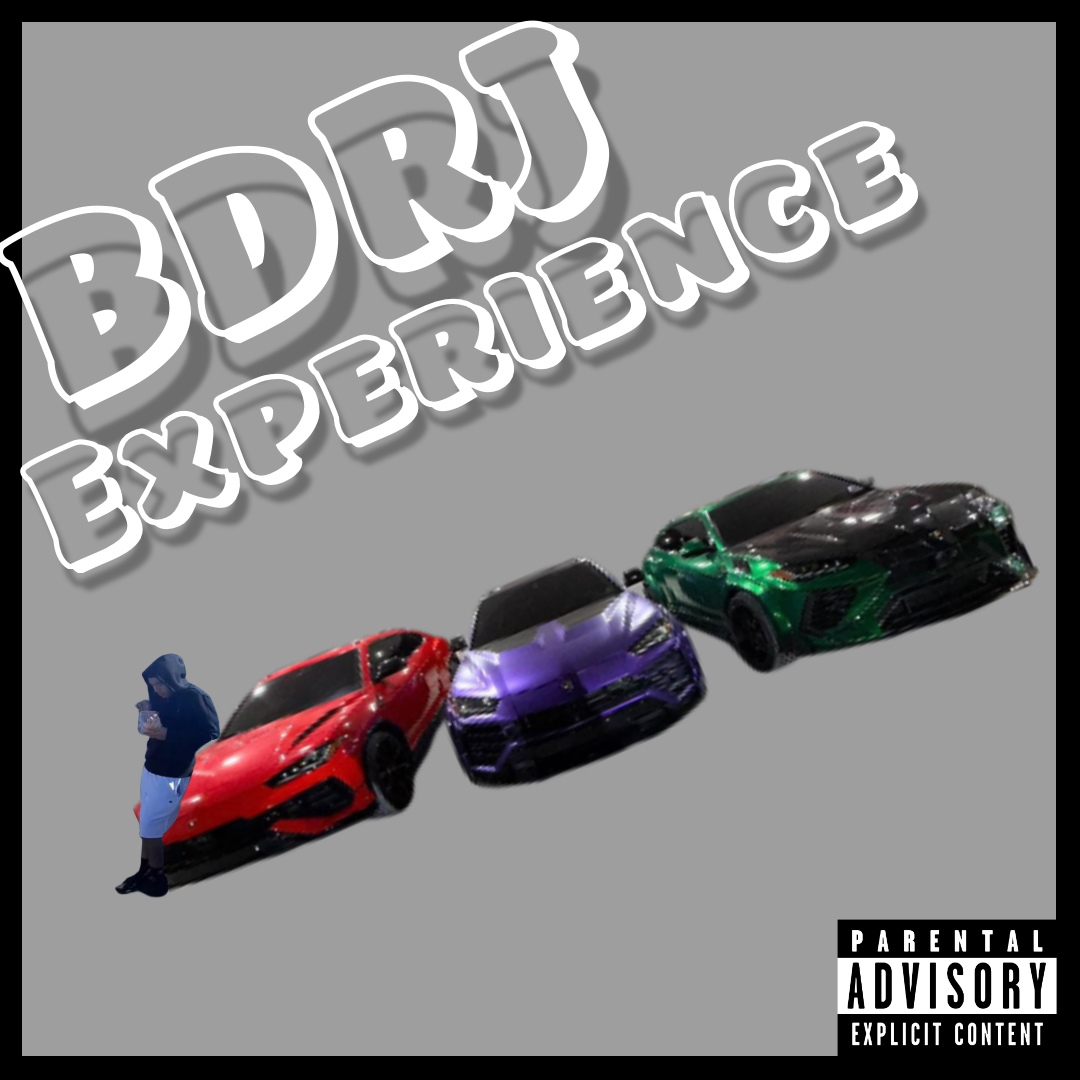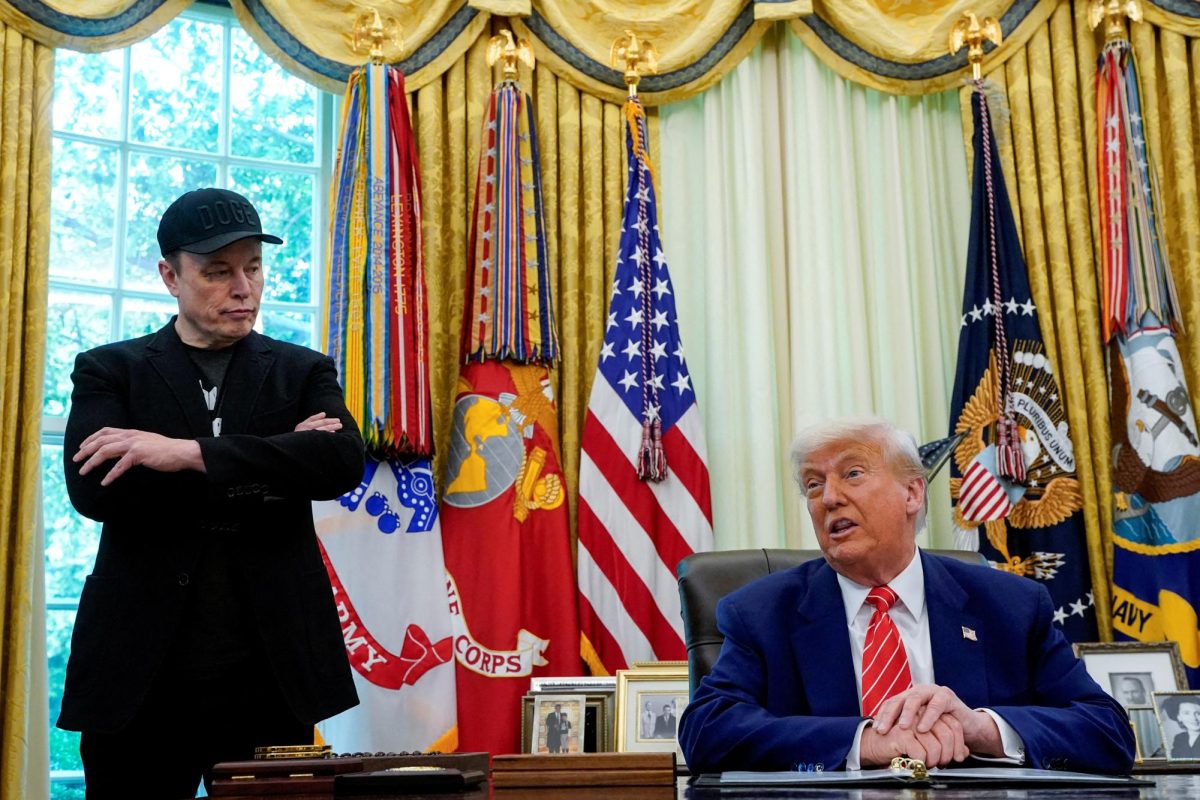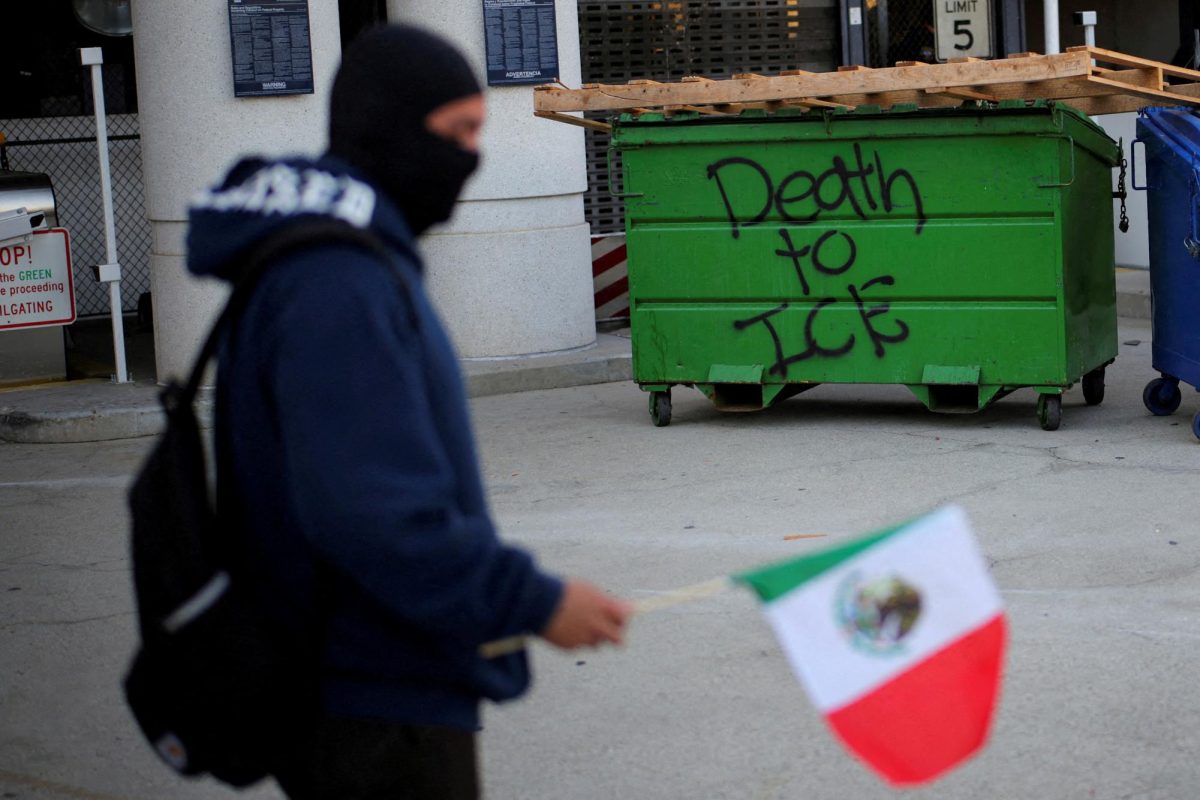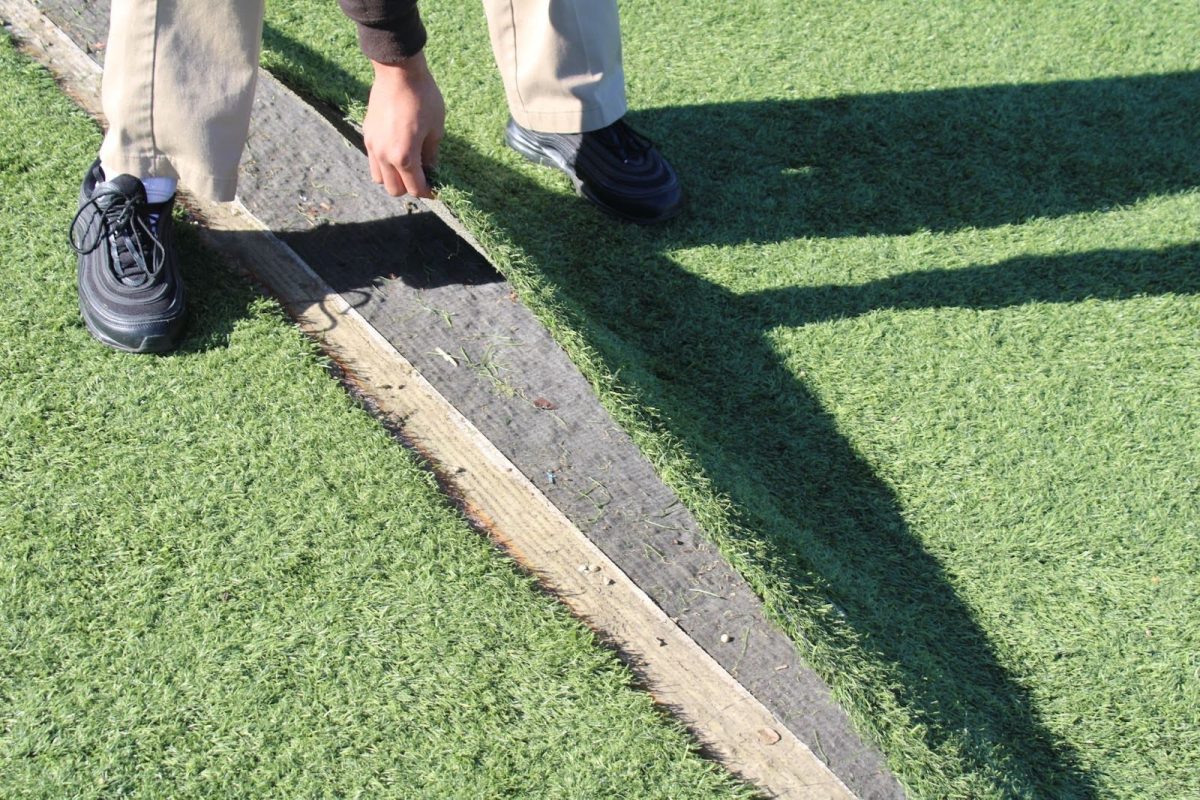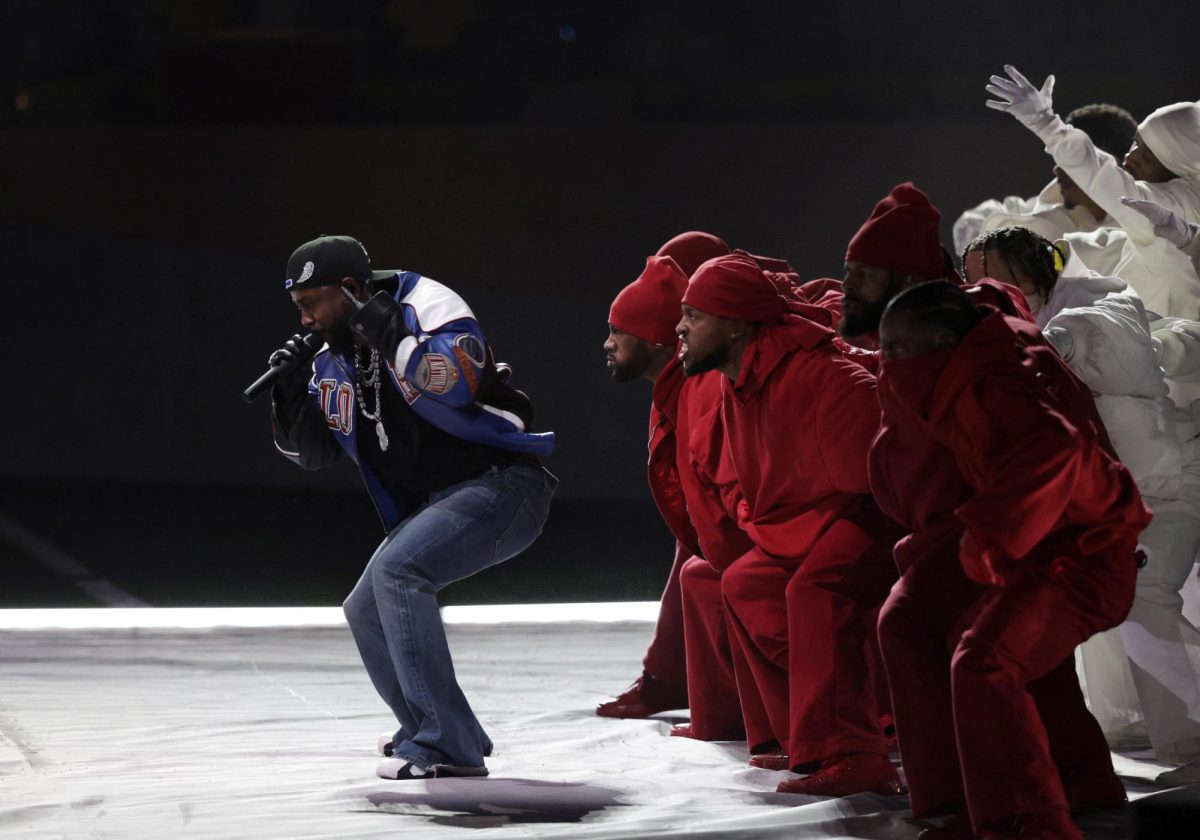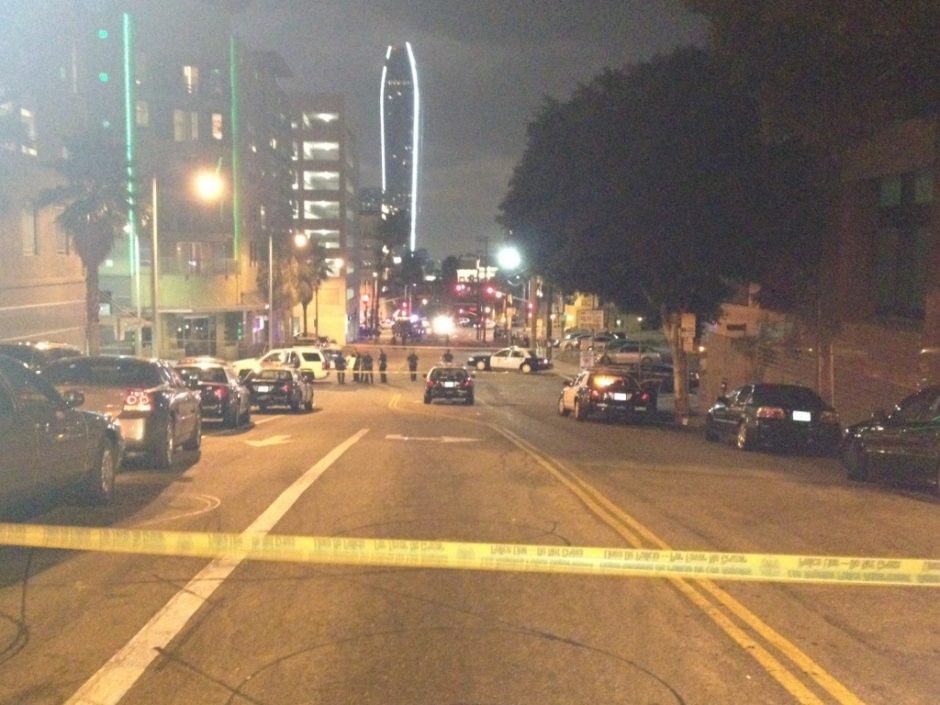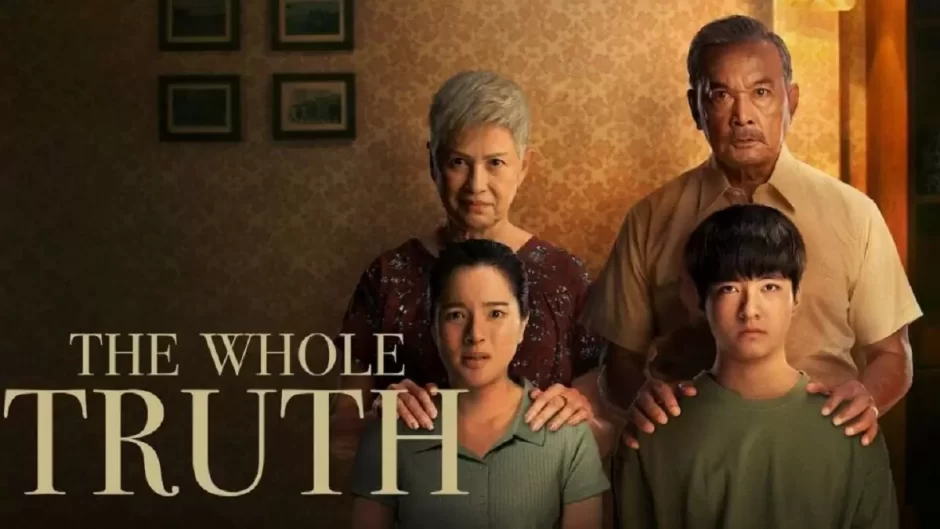The heightened tensions between Ukraine and Russia have sparked recent fears of an invasion in both the East and the West.
By America Diaz and Enrique Toledo
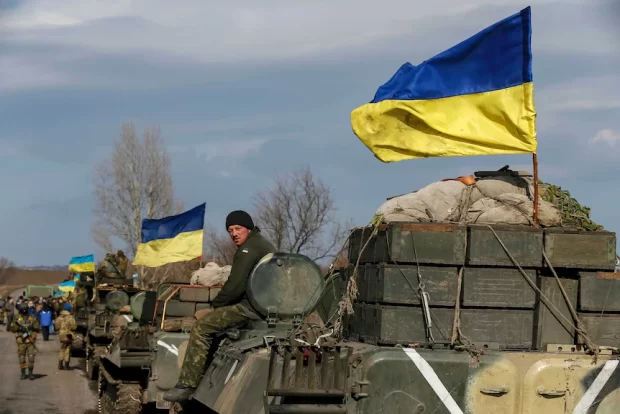
As of recently, international media outlets have been focused on the potential threat of Russia invading Ukraine, creating tension along the border with other countries such as the United States, China, and Britain, formulating different opinions and approaches about the countries with so much personal history.
On Monday February 14, Ukrainian President Volodymyr Zelensky announced that Russia would attack on Wednesday February 16. Although it has been rumored to be a false threat, it prepared Ukranians for the nearing brink of war that may occur in the following weeks.
Since the dissolution of the Soviet Union, seperatist states around Europe have been fighting for their own autonomy. In recent years, Russia’s parliament has often recognized the Eastern statelets of Donetsk People’s Republic (DPR) and Luhansk People’s Republic (LPR) as independent states. If successful, then Russia would have a “Pro-Ukraine”, allowing the expansion of Russian military presence in the area.
Although China has advocated their support of Russian security, some analysts have argued that China’s support is a deterrent from a Ukrainian invasion. It is unlikely that China fears a Ukrainian invasion, but is instead worried about the West and the United States establishing a stronger military presence in the area.
NATO allies, like the UK, are working on establishing further support for Ukraine with distributions of militia goods. As the UK Defence Secretary Ben Wallance is in Russia trying to de-escalate the crisis, other European nations are following in their steps to support Ukraine. Although the UK is supporting Ukraine with military strength, Wallance believes that a potential invasion can still be stopped, yet he isn’t as confident in his prediction.
American media has openly announced the assets they send to Ukraine, APB Economics teacher, Mr. Snyder describes the American support as “generally good for Ukraine”.
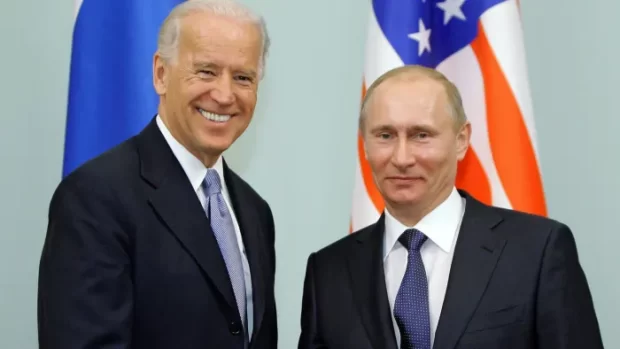
There is a lot of fear when discussing Russia, with many countries cautioning how they even address Putin. Aside from the fear, others would argue that it is important to maintain caution in international affairs primarily by not assuming that Russia is going to attack, resisting the urge to intervene and resolve issues through peaceful means.
Antonio Nevarrez, an APB senior who’s keeping up to date with this current event, said that even though there’s many potential intents spiraling about why Russia may want to invade Ukraine–and if they will– one shouldn’t automatically assume because “we don’t know (Russia’s) intentions”.
In 2014, The Organization for Security and Co-operation in Europe (OSCE) imposed 2 agreements known as the Minsk Protocols in order to end the war in Ukraine. Both countries agreed to a ceasefire and withdrew their troops. The agreement has been under constant violation from all parties since its implementation. The gray zone is basically a contact line and due to rising tensions, the zone is constantly escalating in hostility.
Not everyone feels the same concern about the issue. In fact, some Russian citizens feel that the possibility of a war is not the main interest of their country.
Recognizing this, many encourage others to remember that “these things don’t make Russians or Ukranians bad people”, said Mr. Snyder.
The independent Russian research organization, Levada Center, released a study in regards to the escalation of the crisis and the country responsible for escalating the situation. In the 1,603 person study, over 38% ruled the possibility of war as something that is unlikely to happen between both parties.
Tension has risen between Ukraine and Russia over the course of 8 years, Russia has created a military settlement over the Southern Peninsula, killing over 13,000 people and with a potential invasion being the worry of leaders in Eastern Europe and the surrounding region.
What is the history between Ukraine and Russia?
Ukraine is a country in Eastern Europe that dissolved from Russia in 1991 as the Soviet Union was beginning to crumble. To simply put it, Ukraine was once part of Russia, but now it has its own sovereignty.
Ukraine now shares the border with Russia in the East due to the intertwined history between the two, some have argued that Russia is defending their national identity by clinging onto Ukraine, especially now that NATO is providing support to Ukraine against Russia.
For context, NATO is the North Atlantic Treaty Organization. Founded in 1949, NATO was intended to primarily protect European nations. Now, it’s current purpose is to prevent terrorist and mass attacks to allies associated with the organization.
The escalating tension began when Russia invaded the now autonomous region of Crimea in February 2014 by annexing it from Ukraine.
Past events like these lead people outside of Ukraine and Russia to further believe that the possibility of Russia invading Ukraine is likely to happen.
Although tensions are only rising, it is important to remember that the lives of citizens have been put at risk from all parties involved. Countries have diplomacy as well as disagreements, as complicated the journey to peace is, it is an international virtue to focus on the problems in one’s nation before intervening in global affairs.



